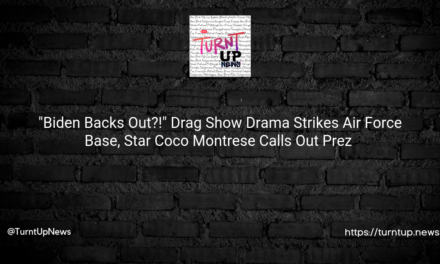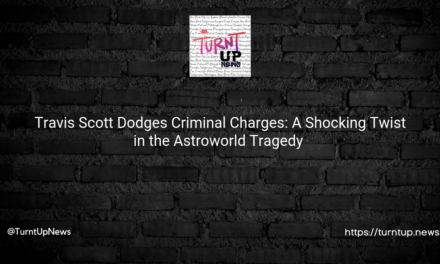👋💬🇿🇦 “Hands Speak Louder than Words!” South Africa Ups the Ante with Official Recognition of Sign Language!
TL:DR; South Africa’s big move to recognize sign language as an official language has 19-year-old deaf student, Bongumusa Manana, and the deaf community celebrating! 👏🎉 This radical step forward opens doors 🚪 for inclusivity, educational prospects, and throws the gauntlet to the rest of the world 🌍. Wait… other countries, where you at? 👀
Sign language – it’s more than just a wave of the hand, it’s a whole conversation. But, are we listening? 🤔 South Africa certainly is. They just turned up the volume on inclusivity by officially recognizing sign language, and the vibes are off the charts.
Meet Bongumusa Manana. He’s a 19-year-old deaf student studying in a Johannesburg township, who’s now on cloud nine, as this change might be his ticket 🎟️ to university. His dreams, like many in the deaf community, have been given a new breath of life. But, you’ve got to ask, why did it take so long? 🕰️
More than just a breakthrough, this decision from South Africa is a clarion call for the world 🌐. It’s a massive game changer for Manana and the estimated 4 million South Africans who rely on sign language to communicate. Can you imagine a world where the way you communicate is not recognized as a legitimate language? 👐🚫 It’s about time we cranked up the volume on this issue, don’t you think?
So, what does this mean? 🤷 Well, folks, with this recognition, sign language is now on par with the other 11 official languages in South Africa, unlocking more opportunities for the deaf community. It also enables Manana and others like him to have access to more education, services, and employment. But again, I can’t help but wonder… why aren’t other countries following suit? 🤨
Now, here’s a thought 💭: what if we flip the script? What if it was the other way around? What if spoken languages weren’t recognized? A bit of a brain-tickler, eh? 🧠🌀
Now, this isn’t all rainbows and sunshine. The recognition of sign language in South Africa is a big step forward, but it’s just the beginning. More work needs to be done to ensure equal access to services, especially in education. Manana’s dream is to attend university, but are the necessary systems and supports in place to make that happen? Will this recognition improve quality of life for the deaf community, or is it just a symbolic gesture? 🏛️🔄
We’ve got to be real here. Progress is messy. There are likely to be roadblocks and obstacles. But if this doesn’t serve as a wake-up call for other nations to rethink their language policies, I don’t know what will. 🌍🔔
Disclaimer: This article doesn’t provide legal, financial, medical, or any other kind of advice. It’s just a deep-dive into the news, peeps.
And now, dear readers, it’s your turn. What do you think of South Africa’s recognition of sign language? Could this pave the way for global recognition and acceptance of sign language? Or is it just one country making some noise? And more importantly, when will the rest of the world stop dragging its feet and start signing off on this? 🌎🖐️💤 Your move, world. What’s it gonna be?





